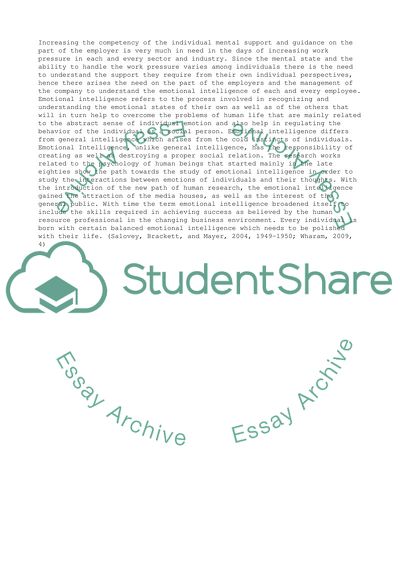Cite this document
(Emotional Intelligence Concept Coursework Example | Topics and Well Written Essays - 1750 words - 2, n.d.)
Emotional Intelligence Concept Coursework Example | Topics and Well Written Essays - 1750 words - 2. https://studentshare.org/management/1751476-organisation-behavior
Emotional Intelligence Concept Coursework Example | Topics and Well Written Essays - 1750 words - 2. https://studentshare.org/management/1751476-organisation-behavior
(Emotional Intelligence Concept Coursework Example | Topics and Well Written Essays - 1750 Words - 2)
Emotional Intelligence Concept Coursework Example | Topics and Well Written Essays - 1750 Words - 2. https://studentshare.org/management/1751476-organisation-behavior.
Emotional Intelligence Concept Coursework Example | Topics and Well Written Essays - 1750 Words - 2. https://studentshare.org/management/1751476-organisation-behavior.
“Emotional Intelligence Concept Coursework Example | Topics and Well Written Essays - 1750 Words - 2”. https://studentshare.org/management/1751476-organisation-behavior.


